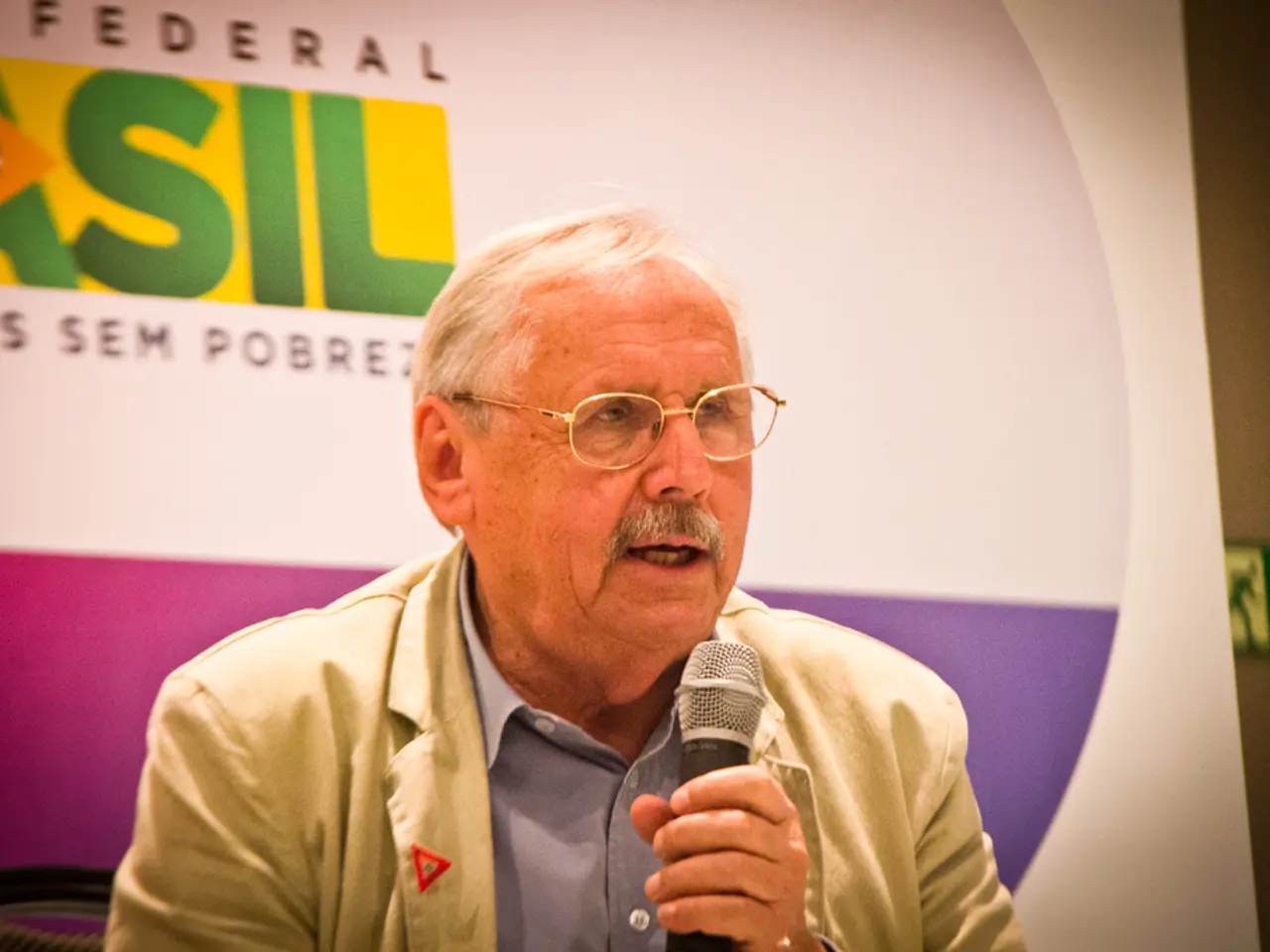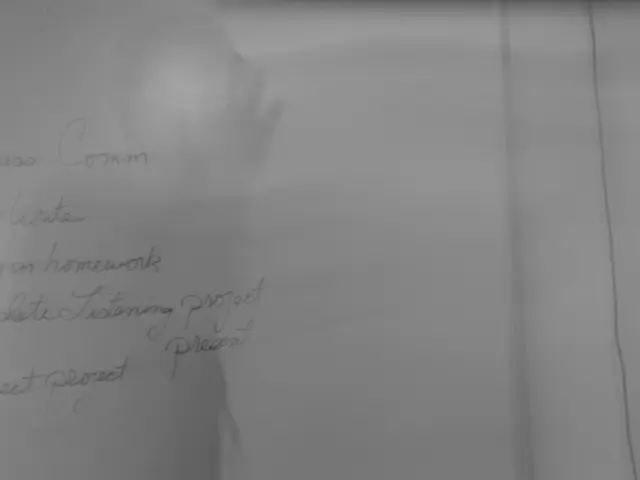Controversies surround Bessent's financial holdings
In the realm of U.S. government ethics, Treasury Secretaries are bound by federal rules to divest conflicting financial holdings and avoid actions that could create real or apparent conflicts of interest related to their private assets. These rules require compliance with an ethics agreement detailing specific asset divestitures and recusals from matters affecting remaining holdings, with ethics officials implementing screening procedures to prevent conflicts.
Scott Bessent, who assumed the role of Treasury Secretary in January 2025, signed such an ethics agreement, pledging to divest assets including his Key Square Group hedge fund and North Dakota farmland by April 28, 2025. However, as of August 2025, Bessent has not fully complied with these divestiture requirements.
The Office of Government Ethics (OGE) reported that Bessent delayed divesting certain illiquid assets, such as farmland that has restrictions limiting buyers, and has been working to divest them since his confirmation but missed deadlines. To mitigate potential conflicts, Bessent recuses himself from issues involving the remaining assets, and Treasury ethics officials have established screening measures to flag potential conflicts for the Secretary.
Despite amendments to his ethics agreement in May and June 2025, further amendments were necessary, with plans to complete divestments by December 15, 2025. Ethics watchdogs, including the Campaign Legal Center, have filed complaints requesting investigations into whether Bessent violated conflict-of-interest laws, citing concerns about his oversight of trade negotiations and regulatory matters potentially affecting his holdings.
Critics argue that Bessent's failure to fully comply undermines public trust in government ethics enforcement. Sen. Ron Wyden, D-OR, expressed concern that Bessent is picking and choosing which ethics requirements to follow and which to blow off.
Bessent's North Dakota farmland, which could be worth up to $25 million and earns him up to $1 million a year in rental income, remains a key concern under conflict-of-interest rules. The farmland, along with other private holdings, such as a stake in a private equity fund and a privately held clinical stage drug development company, have been the subject of ongoing efforts to address compliance gaps but with criticism and ethical scrutiny continuing.
| Aspect | Details | |----------------------------|-----------------------------------------------------------------| | Ethics rules for Treasury Secretary | Required divestment of conflicting assets, recusal, and screening to avoid conflicts | | Bessent’s divestment status | Did not meet April 28 deadline; working to divest illiquid farmland and other assets by Dec 15 | | Assets in question | Key Square Group hedge fund, North Dakota farmland, other private holdings | | Mitigation measures | Recusals, Treasury ethics office screening procedures | | Public/Ethics watchdog response | Complaints filed calling for investigation of alleged violations |
As the situation continues to unfold, the focus remains on ensuring that Bessent fully complies with ethics rules and maintains transparency in his personal finances, while also avoiding any real or apparent conflicts of interest in his role as Treasury Secretary.
The ongoing controversy surrounding Treasury Secretary Scott Bessent's divestiture of conflicting assets, such as his North Dakota farmland, raises questions about adherence to business ethics, particularly in the realm of politics and general news. Critics argue that Bessent's failure to comply with ethics rules undermines public trust and may violate conflict-of-interest laws amidst concerns about his oversight of trade negotiations and regulatory matters potentially affecting his holdings.






